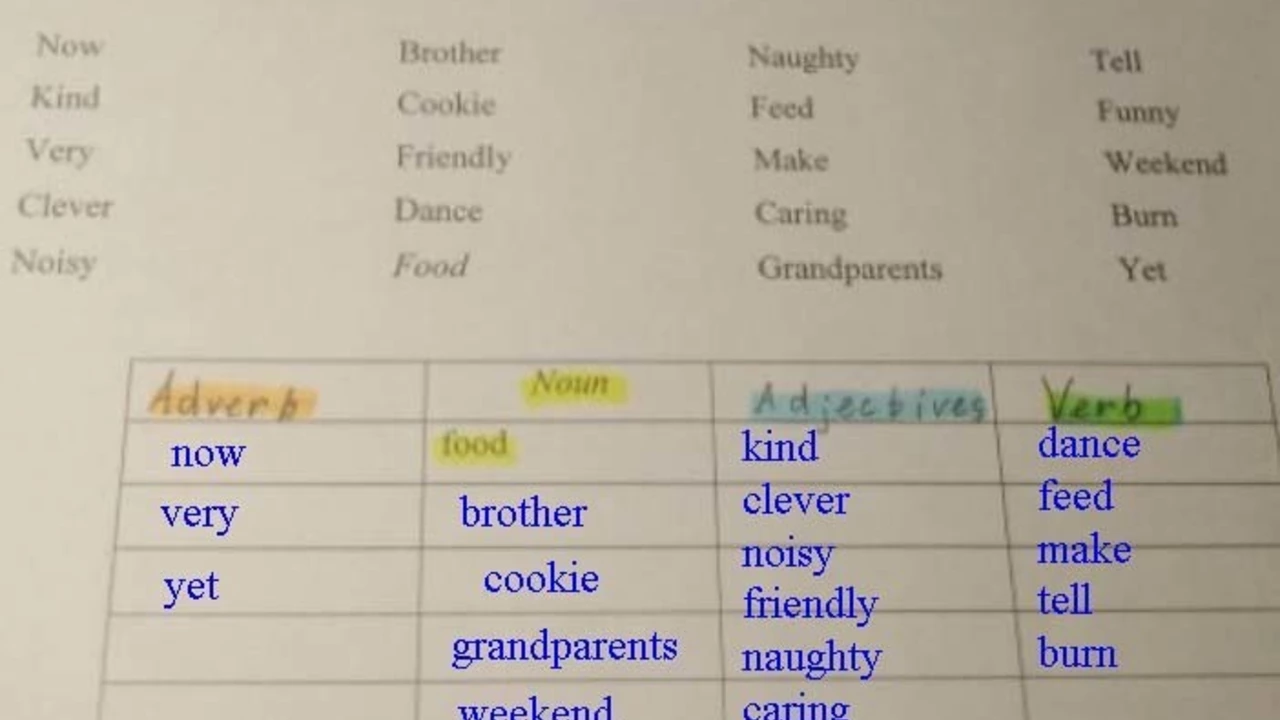Whoa! Hold your horses, folks! For the fourth time in just two short years, the Centre has given a thumbs down to the collegium's pick for a judge in J&K. I mean, is it just me or is this starting to feel like a high-stakes game of musical chairs, but for judges? It's a real-life courtroom drama happening right before our eyes! But hey, let's keep the faith and hope for a hefty gavel of justice to strike soon!
Collegium Name Rejection: Understanding the Basics
If you follow Indian judicial news, you have probably seen the term "collegium name rejection" pop up whenever a new judge is announced. In simple words, it means the Supreme Court collegium – the group of senior judges who pick new judges – has said "no" to a proposed name. This can feel sudden, but there are clear reasons behind it.
Common Reasons for Rejection
The collegium looks at a lot of factors before giving a nod. First, they check the candidate’s track record. If a judge has a history of delayed judgments, questionable ethics, or low disposal rates, the collegium may reject the name. Second, regional balance matters. India’s courts try to keep representation from different states, so a surge of names from one region can trigger a cut.
Third, the collegium respects seniority. If a junior judge is put forward ahead of a more senior colleague, seniority violations often lead to a rejection. Fourth, political pressure can play a hidden role. While the collegium is meant to be independent, occasional lobbying from state governments or law bars can influence the decision.
Finally, administrative concerns matter. The collegium needs to make sure the new judge can handle the workload of the designated court. If a judge is seen as lacking the required expertise for a high‑court or the Supreme Court, the name may be sent back.
What to Do After a Rejection
For the rejected candidate, the process isn’t over. The collegium usually sends feedback, and the name can be reconsidered after addressing the concerns. For example, the judge might take up additional training, improve case disposal rates, or wait for a more suitable vacancy that matches their regional profile.
If you are a lawyer or a law student, keep an eye on the official notifications. They often give a timeline for submitting a fresh name. Staying updated helps you anticipate when the next round of appointments will happen.
For the public, understanding the rejection helps demystify the appointment system. It shows that judges are not just handed out; they are vetted for competence, integrity, and balance. This transparency, even when it feels like a setback, protects the quality of the judiciary.
In short, a collegium name rejection is not a personal failure; it’s a checkpoint that keeps the bench strong. The process may seem opaque, but the reasons – seniority, regional balance, performance, and integrity – are straightforward. Watching how the collegium revisits the name can give you a clear picture of how India’s top judges are chosen.
